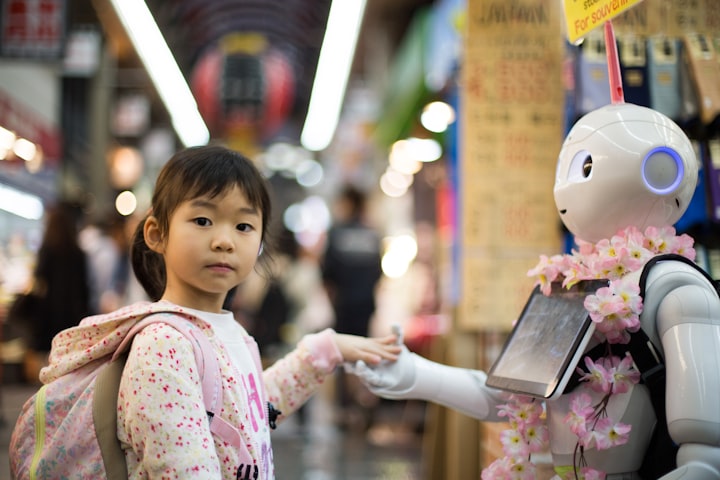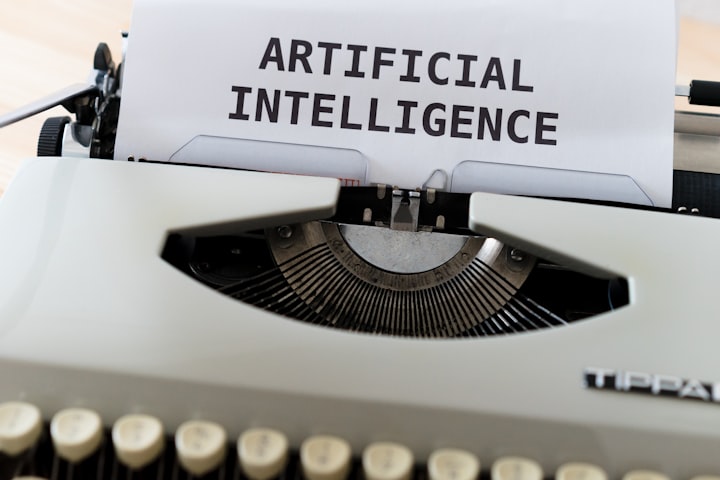Taming the Digital White Whale: My Emotion-detecting CNN Saga
An AI Engineer's Journey from Frustration to Triumph, with a Sprinkle of Ethical Quandary

Every coder has their white whale. Mine? Well, my Moby Dick was the convolutional neural network (CNN) that had been driving me up the wall for weeks. I just couldn't figure out how to make it recognize human emotions from images with any reliable accuracy. It was like trying to teach a goldfish how to do algebra.
Now, for those unfamiliar with CNNs, they're a type of deep learning algorithm used for image recognition tasks. They're great at identifying cats, dogs, and thousands of other everyday objects, but emotions? Not so much.
For years, I'd worked as an AI engineer, successfully creating AI models for various uses - chatbots, recommendation systems, even a funny model that predicted the probability of your sock getting lost in the laundry. But this, this was my Everest. And it felt like I was stuck at base camp, shivering in my boots and looking up at an insurmountable peak.
One day, after an especially long night of frustration and coffee-fueled coding marathons, my old college buddy, Ricky, called. Ricky is the kind of guy who could start an argument in an empty room. He was passionate about ethics in AI, a topic that made my circuits fry. Today, he was on about facial recognition technology.
"Jake," he began, in that old-time preacher voice he saved for our debates, "Facial recognition is the biggest invasion of privacy since the invention of the peephole!"
I sighed, swirling the remains of my cold coffee. "Ricky, facial recognition isn't inherently bad. It's all about how it's used."
Ricky was incredulous. "Jake, we're talking about technology that can track and recognize people, invade their privacy, even misidentify and falsely accuse them!"
A headache was starting to form behind my eyes. Was it from the debate or the code? Probably both.
Over the next few weeks, Ricky's words began to haunt me. In the quiet moments between writing code and debugging, I found myself pondering the ethical implications of my work. It was a new kind of challenge, one that made the coding problems seem like child's play. What if my AI was used in ways I hadn't intended? Could it contribute to invading someone's privacy?
During this introspective time, I recalled a quote from my college professor, Dr. Selena, "Coding isn't just about solving problems. It's about understanding the problem itself."
I realized I'd been approaching my CNN challenge from the wrong perspective. Instead of simply focusing on code optimization, I needed to better understand human emotions themselves.
My learning journey led me to research about human psychology, body language, cultural differences in emotional expression, and much more. It was a fascinating adventure, albeit a serious departure from my usual routine. More than once, I found myself chuckling at the irony of a coder trying to understand emotions.
Soon, I discovered an interesting piece of information. Human emotions aren't solely based on facial expressions. They involve numerous other factors such as body language, context, and tone of voice. It was a breakthrough moment. My CNN model had been trained on thousands of facial images but with no regard for these other essential components.
I went back to my model, now armed with a more holistic understanding of human emotions. I expanded my model, incorporating audio and body language recognition, and retrained it. The process was arduous, with multiple trial-and-error iterations, but each setback was met with newfound determination.
Weeks later, my CNN model had transformed. It wasn't just recognizing emotions from images but also understanding the context around those emotions. It felt like the culmination of a journey that had begun with a struggle and ended with a new discovery.
In the end, my white whale was defeated, but not in the way I'd anticipated. Yes, the code worked, but more importantly, I'd learned a valuable lesson. Understanding a problem involves more than just coding expertise; it involves appreciating the complexity and nuances of the issue itself.
And what about Ricky's concerns? Well, those lingered. My model, like any AI, could be misused. But acknowledging this also underscored the importance of ethics in our work. As technologists, we must constantly navigate these waters, trying our best to use our skills responsibly while advancing our understanding.
So, fellow coders, as we continue to ride the wave of AI and computing, remember that our journey is more than just a code-filled adventure. It's a quest for understanding and responsible innovation, filled with struggles, laughter, introspection, and the joy of learning. Our white whales may be tough, but they also push us to go beyond our perceived limits and contribute meaningfully to the world of technology.
About the Creator
Evan Brown
Adventurer at heart, writer by trade. Exploring life's complexities through humor, controversy, and raw honesty. Join me on my journey to unlock the extraordinary in the everyday.






Comments
There are no comments for this story
Be the first to respond and start the conversation.